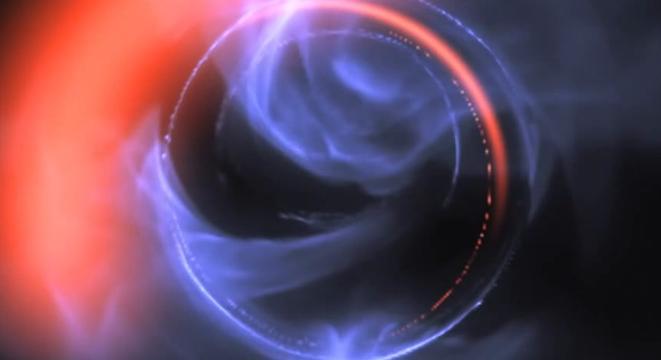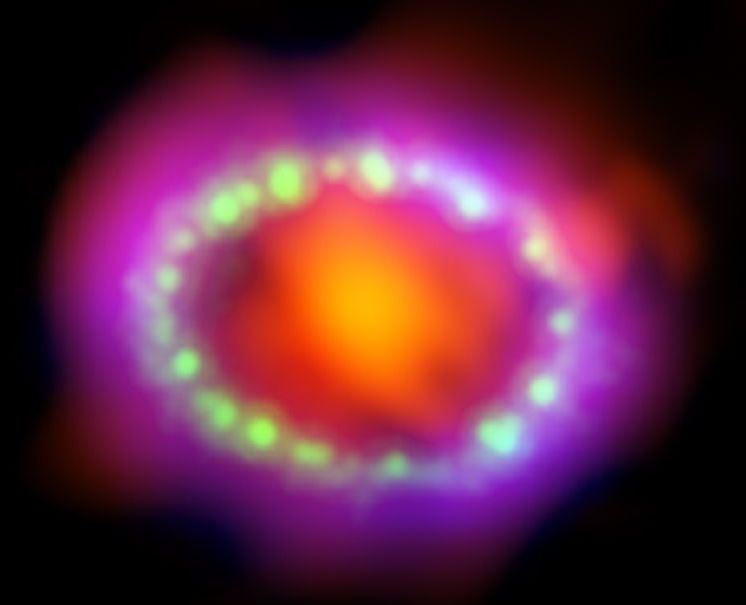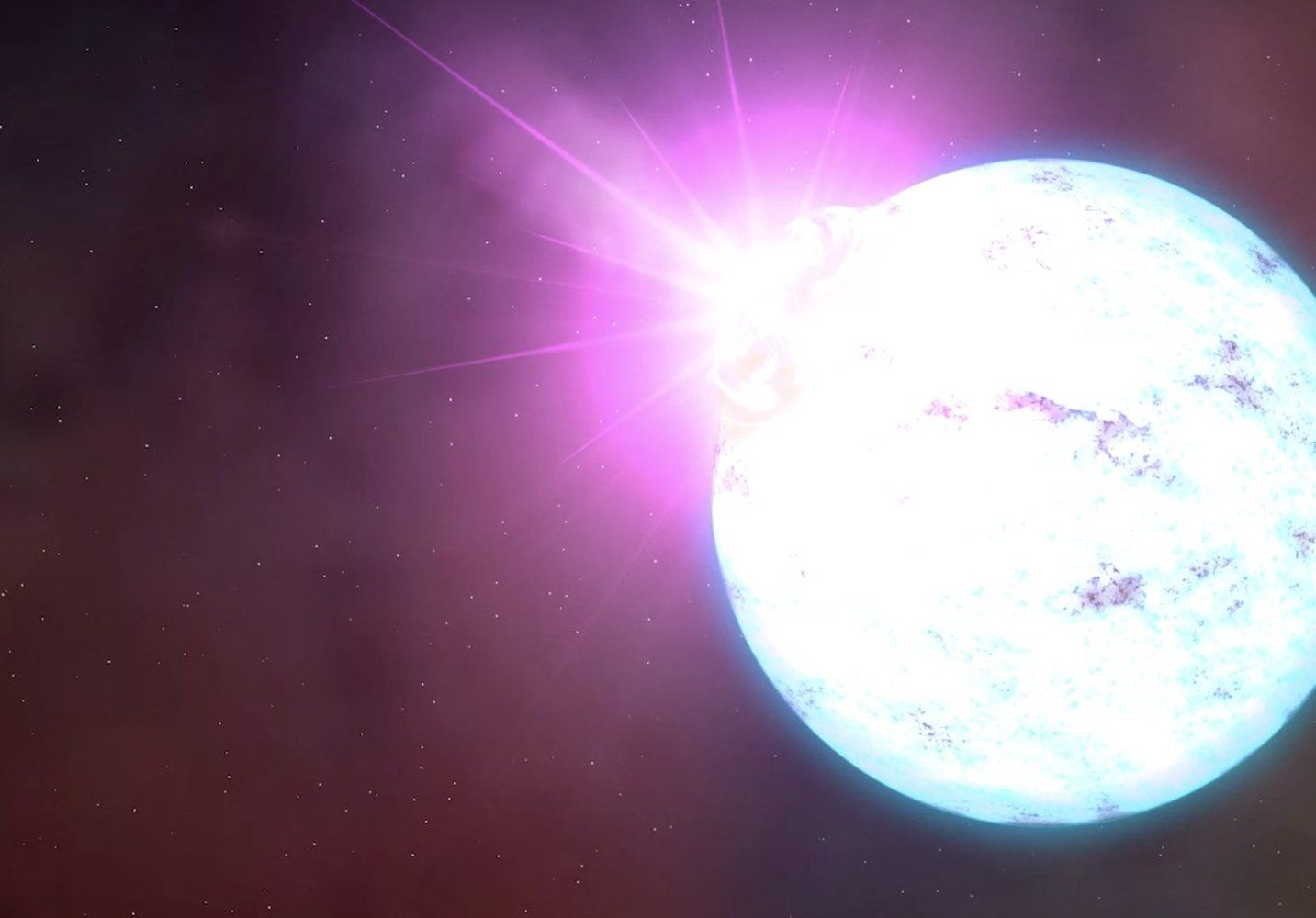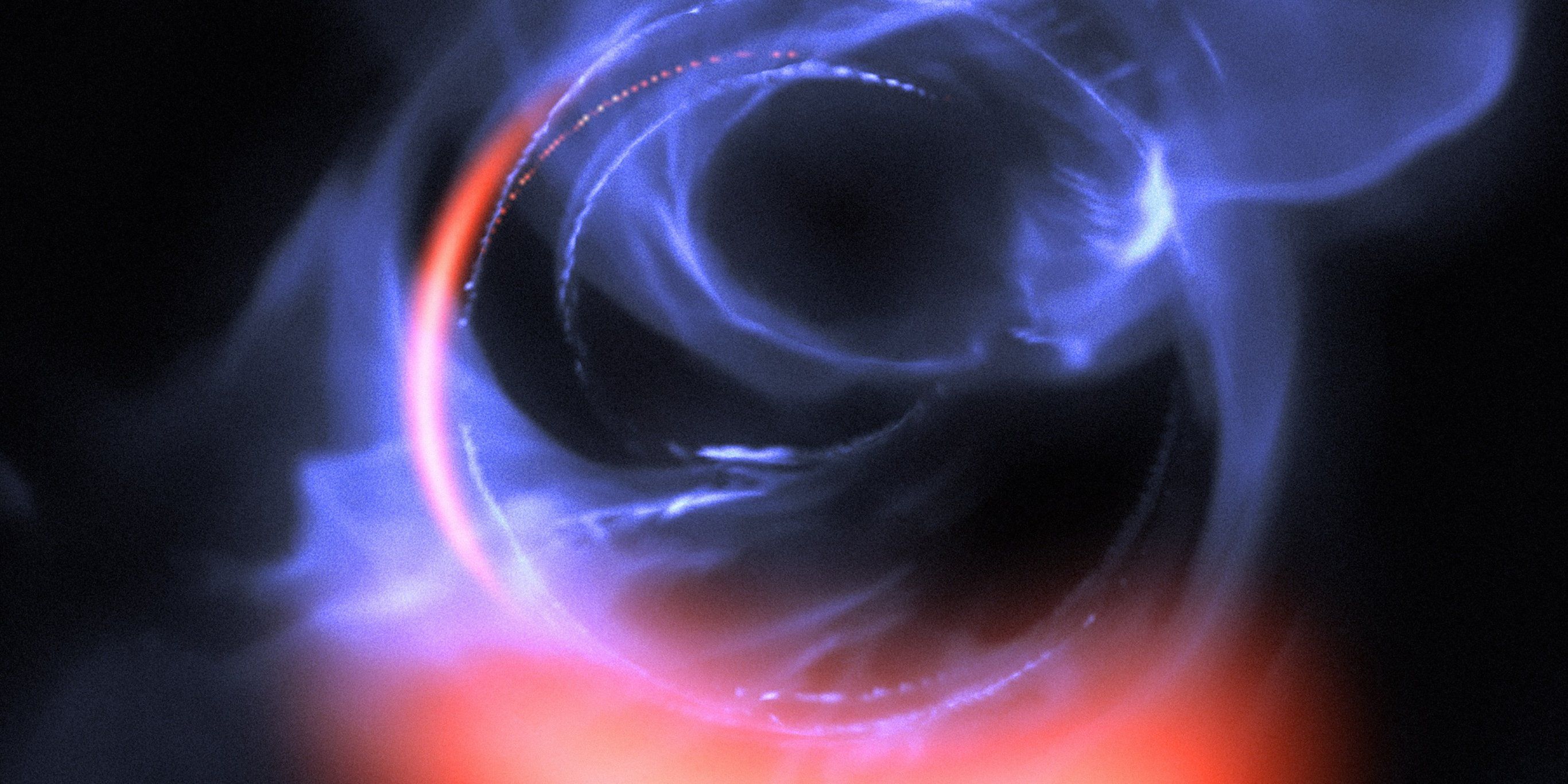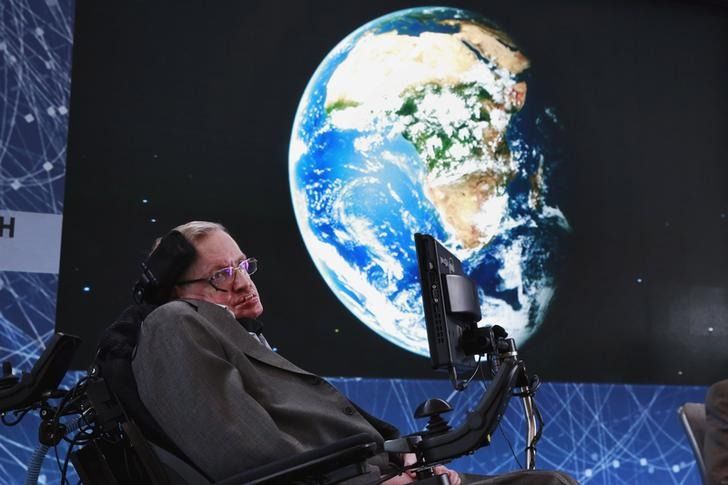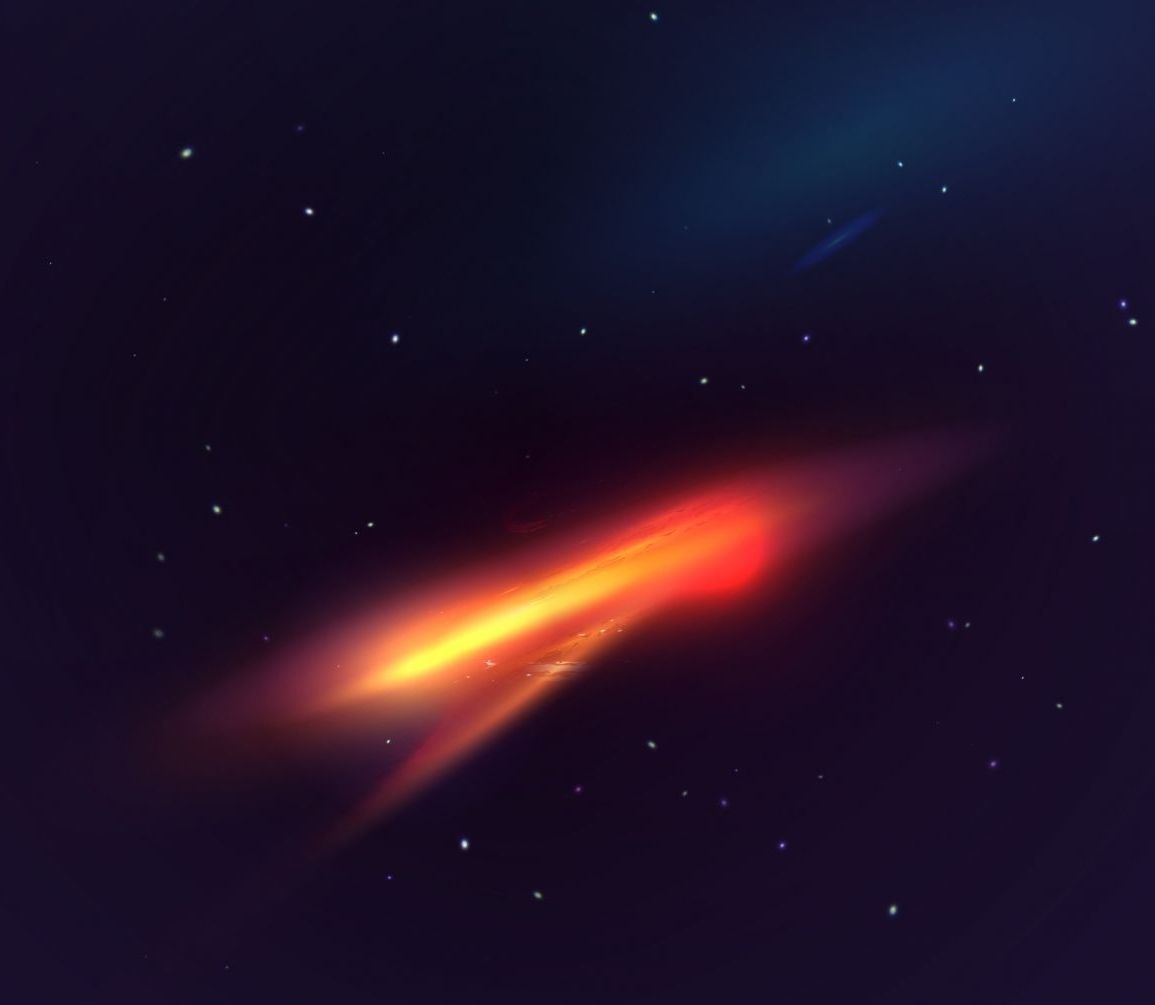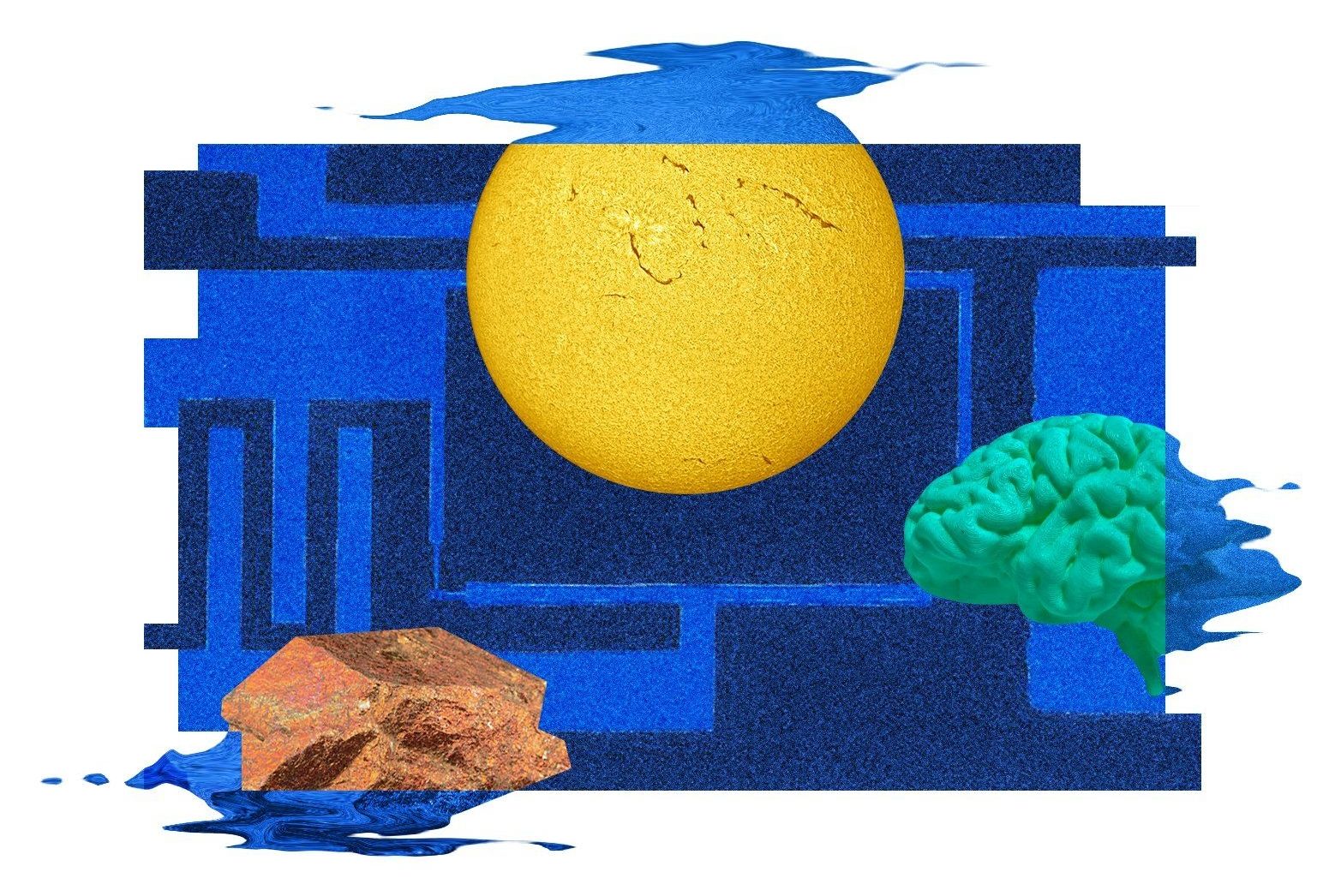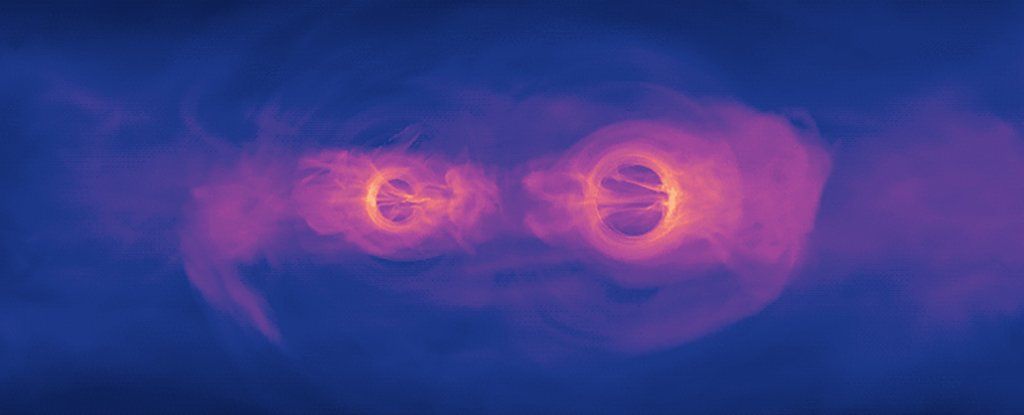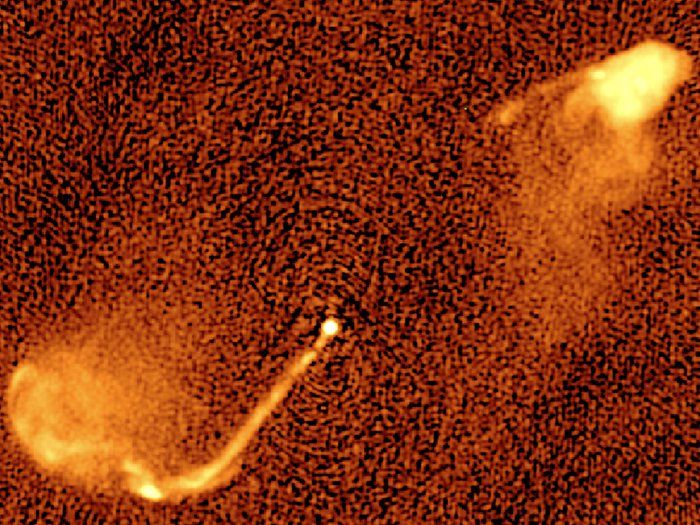Researchers from the Moscow Institute of Physics and Technology (MIPT), Aalto University in Finland, and ETH Zurich have demonstrated a prototype device that uses quantum effects and machine learning to measure magnetic fields more accurately than its classical analogues. Such measurements are needed to seek mineral deposits, discover distant astronomical objects, diagnose brain disorders, and create better radars.
“When you study nature, whether you investigate the human brain or a supernova explosion, you always deal with some sort of electromagnetic signals,” explains Andrey Lebedev, a co-author of the paper describing the new device in npj Quantum Information. “So measuring magnetic fields is necessary across diverse areas of science and technology, and one would want to do this as accurately as possible.”
